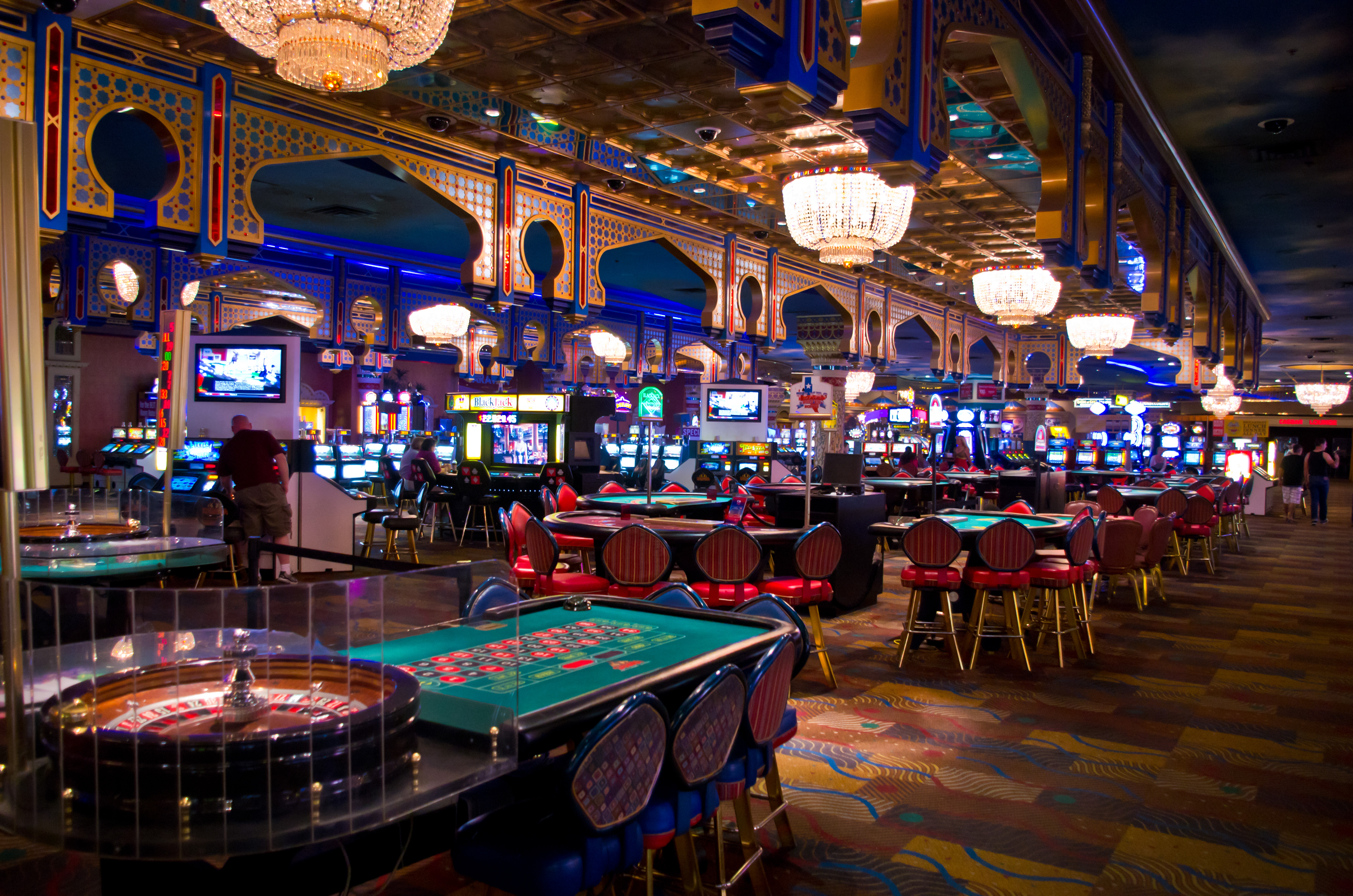
Casino gaming has long been a subject of interest and controversy, drawing in millions of players globally. With a mix of chance, skill, and the excitement of risk, casino games offer an exciting escape from everyday life. However, as entertainment becomes ever more available, it invites a deeper examination of the ethical implications surrounding these games.
At the heart of the discussion lies the issue of whether casinos promote responsible gaming or take advantage of at-risk individuals. The appeal of potential winnings versus the truth of losses can create a challenging dynamic, and understanding this balance is essential for both players and operators. As we delve into the morals of casino gaming, we will explore the duties of casinos, the impact on society, and the steps that can be taken to foster a better gaming environment.
The Impact of Casino Gaming on Society
Gambling in casinos has a notable influence on society, affecting not only the financial landscape but also interpersonal dynamics and local frameworks. The funds generated from casinos can lead to employment opportunities and boost regional economies, as they provide various employment opportunities in different sectors including hospitality, leisure activities, and shopping. However, while the economic advantages can be significant, communities often grapple with the possible negative impacts that arise from higher gambling activity.
Moreover, the presence of casinos can lead to an increase in gambling addiction, presenting serious challenges for players and families. The thrill of casino games can quickly transform into a habitual habit, affecting connections with others and leading to monetary issues. Many individuals may struggle with the loss of control over their gambling habits, resulting in a need for community support services and help to address this growing issue. The social cost of gambling addiction can extend through families and neighborhoods, creating an urgent need for sensible gambling approaches.
In addition to the economic and social consequences, casino gaming often showcases cultural attitudes towards risk and entertainment. It can foster a sense of excitement and leisure, attracting visitors and boosting tourism. However, this allure may also conceal the wider implications of gambling as a method of entertainment, raising ethical questions about its advertisement and accessibility. As communities weigh the advantages and drawbacks of casino gaming, the need for responsible practices and regulation becomes increasingly critical in ensuring that the positive aspects are maximized while reducing the potential harms.
Ethical Issues in Betting Activities
The morality of casino operations often center around the risk for dependency and its consequences on people and families. Gambling can lead to significant monetary distress, impacting not only the gamblers but also their loved ones. As individuals become caught in the allure of winning, many lose sight of their financial limits, which can result in devastating outcomes such as bankruptcy. This poses ethical questions about the responsibility of gambling establishments in promoting responsible gaming practices and providing support for those who may be dealing with betting addiction.
Another major issue is the promotion of gambling to vulnerable populations. Casinos often target low-income individuals or neighborhoods with the offer of quick gains, which can continue cycles of financial struggle and hopelessness. In this context, the morality of marketing strategies used by gambling establishments come under scrutiny, as they may take advantage of the need of people seeking an way out from economic troubles. This exploitation raises moral questions about the integrity of the gambling industry and its obligation to safeguard its most at-risk customers.
Additionally, the impact of gambling gaming on society as a whole cannot be ignored. While some argue that gambling establishments create employment and stimulate local economies, others point to the social costs associated with problem betting, increased criminal rates, and a strain on public resources. kjc Balancing economic benefits with the risk for social harm presents a complex moral dilemma for lawmakers and gambling operators alike. The difficulty lies in discovering a responsible approach that prioritizes the welfare of people and society while still allowing for the enjoyment of gambling activities.
Regulation Structure and Duties
The oversight framework pertaining to gaming operations is designed to ensure fairness, honesty, and player security. Various government entities and casino commissions create and apply regulations that dictate how casino activities function, the criteria for activity design, and the processes for handling prizes. These regulations vary by jurisdiction but typically involve permit requirements for businesses and rigorous measures to avoid cheating and fraud.
In also to regulatory bodies, gambling operators bear major duty in maintaining principled standards within their establishments. They must adopt ethical player practices that encourage player protection and consciousness, including providing self-exclusion options and sharing information about the risks related to gaming. Establishments are also obligated for educating staff to spot signs of problem gaming and know the correct actions to assist visitors in trouble.
Moreover, transparency in gaming operations is crucial for earning and maintaining public confidence. Casinos should provide clear information about the chances of activities, promotional offers, and any connected dangers. By fostering an environment of honesty and responsibility, operators can help reduce the possible negative impact of betting while boosting the general gaming experience for all gamblers.